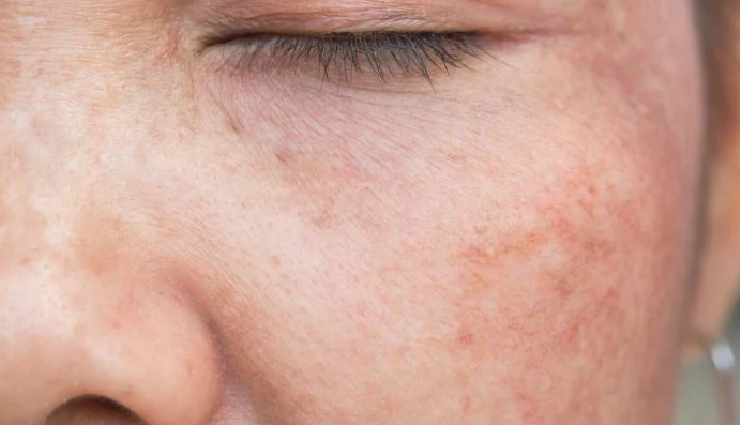5 Reasons Why Ashwagandha Is Good For Your Skin
By: Priyanka Maheshwari Tue, 23 Jan 2024 1:39:28

Ashwagandha, also known as Withania somnifera, is an adaptogenic herb that has been used in traditional Ayurvedic medicine for centuries. While much of the research on ashwagandha has focused on its potential benefits for stress reduction, immune support, and cognitive function, there is limited scientific evidence specifically addressing its effects on the skin.
Ashwagandha, scientifically known as Withania somnifera, is a versatile herb deeply rooted in the ancient traditions of Ayurvedic medicine. Revered for its adaptogenic properties, this herb has gained popularity for its potential to promote overall well-being, alleviate stress, and support various bodily functions. While much of the research has centered on its effects on stress reduction and cognitive function, emerging evidence suggests that Ashwagandha may also contribute to skin health.
The skin, being the body's largest organ, reflects the internal state of our health and well-being. Ashwagandha's potential benefits for the skin stem from its antioxidant and anti-inflammatory properties. Rich in flavonoids and polyphenols, Ashwagandha exhibits antioxidant activity, helping to combat free radicals that contribute to oxidative stress and skin damage. By neutralizing these harmful molecules, Ashwagandha may play a role in promoting a healthier complexion.
Furthermore, the herb's anti-inflammatory effects could be advantageous for individuals dealing with skin conditions associated with chronic inflammation, such as acne, eczema, or psoriasis. Through its ability to modulate the body's inflammatory responses, Ashwagandha may provide support in managing these skin concerns.However, some indirect mechanisms suggest potential benefits for skin health:

# Antioxidant Properties:
Ashwagandha contains antioxidants, such as flavonoids and polyphenols, which may help neutralize free radicals in the body. Free radicals can contribute to oxidative stress, which is linked to aging and skin damage. By reducing oxidative stress, ashwagandha may contribute to healthier skin.

# Anti-Inflammatory Effects:
Chronic inflammation is associated with various skin conditions, including acne, eczema, and psoriasis. Ashwagandha has anti-inflammatory properties, which may help alleviate inflammation and promote skin health.

# Stress Reduction:
Chronic stress can negatively impact the skin, leading to issues like acne, wrinkles, and other skin problems. Ashwagandha is an adaptogen, meaning it may help the body adapt to stress and potentially reduce its negative effects on the skin.

# Cortisol Regulation:
High levels of the stress hormone cortisol can contribute to skin issues and premature aging. Some studies suggest that ashwagandha may help regulate cortisol levels, which could indirectly benefit the skin.

# Collagen Production:
Collagen is a protein that provides structure to the skin. While there isn't direct evidence on ashwagandha's role in collagen production, its antioxidant and anti-inflammatory properties may support overall skin health.
It's important to note that while these potential benefits are promising, more research is needed to establish a direct connection between ashwagandha and skin health. Additionally, individual responses to ashwagandha may vary, and it's advisable to consult with a healthcare professional before incorporating any new supplements into your routine, especially if you have pre-existing health conditions or are taking medications.





